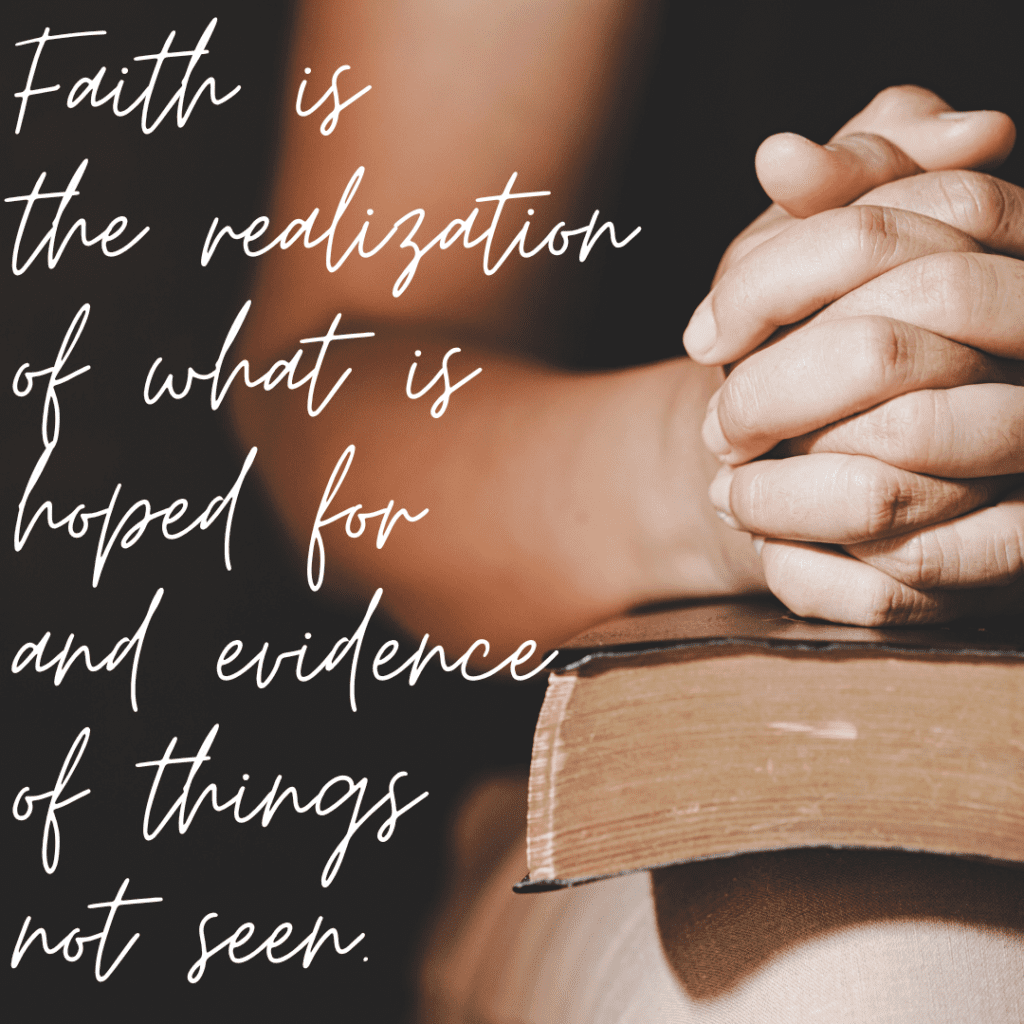Another Way of Knowing

Dear Sisters & Brothers in Christ,
In the second reading today, we hear from the Letter to the Hebrews, one of the most oft-quoted biblical definitions of faith. “Faith is the realization of what is hoped for and evidence of things not seen” Heb 11:1. Other English translations might read, “faith is the assurance of things hoped for, the conviction of things not seen” (NASB) or “faith is the confidence that what we hope for will actually happen; it gives us assurance about things we cannot see” (New Living Translation).

The Greek word that seems to get so many different English translations is “hupostasis,” which literally means “to place or stand under” or “to support.” Regardless of the differences in how this Greek word is translated, there is consensus on the general meaning of the biblical definition of what faith is. A more amplified way of saying it might be “Faith is the confirmation, the assurance, of what we hope for and the proof for things that cannot be seen or proved by the senses.” Thus, faith is more than merely thinking something might be true, but a deep-seated belief, a heart-felt assurance of something. In short, faith is another way of knowing.
Human reason helps us to know things by sensory evidence or by scientific measurement. Such reliance on rational assessments allows us to say things like “seeing is believing.” Yet, we know that even our senses can sometimes be fooled. But when a Christian says, “I have faith in God” or “I have faith in Jesus,” it means that we have resounding confidence that who God claims to be and what He promised is true. We don’t just believe it, we know it.
Some things we know to be true, even though we cannot prove it. “I know my spouse loves me.” “I know my parents love me.” We just know such things to be true. That is the faith described in the Letter to the Hebrews and such faith is a gift from God.
Sincerely yours in Christ Jesus, the Way, the Truth and the Life,

